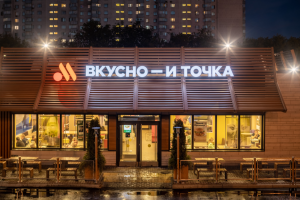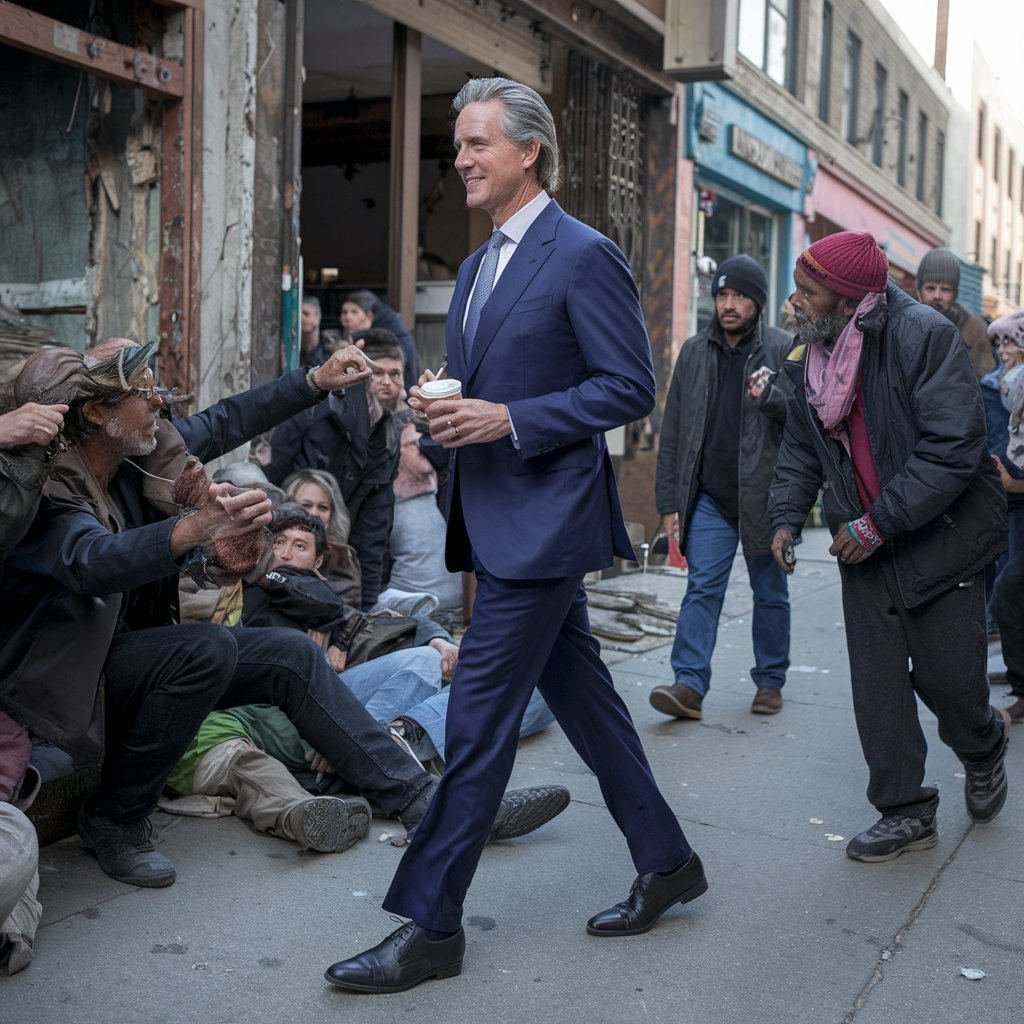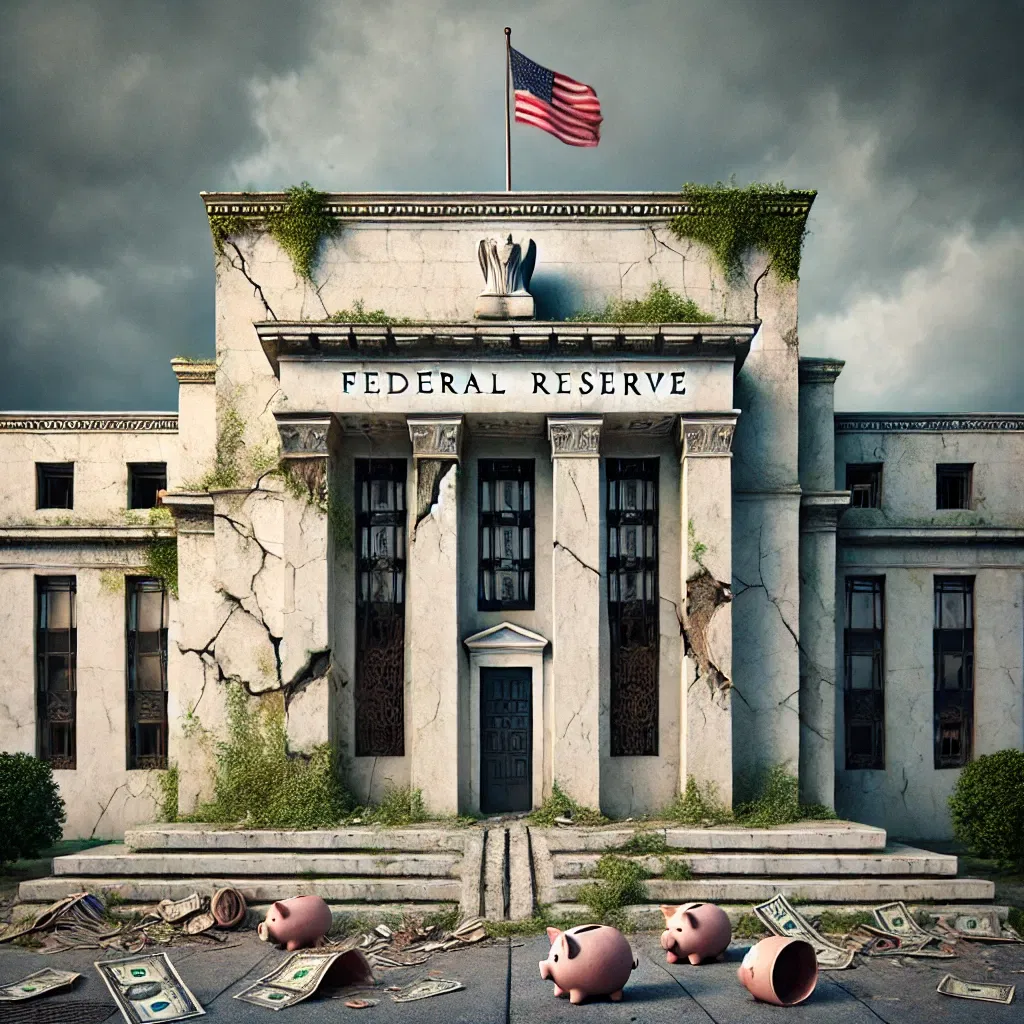[Editor’s Note: Today’s article was written by a colleague who recently traveled to Russia. These are his observations about the current situation on the ground.]
Today in Russia, there is unmistakable tension in the air.
You definitely don’t want to speak out against the war or the current regime— it’s an almost guaranteed way to lose your job or end up in a prison.
That’s why everyone is so careful about what they say, and to whom they say it. Unless you know someone really, really well, you have to avoid any potentially controversial topics.
The TV blasts propaganda on a daily basis, effectively brainwashing millions of people. It’s surprising how many Russians seems to believe the news… or at least pretend to believe it.
The national elections took place this past weekend. Despite the official numbers reporting 77% voter turnout, most people I spoke to didn’t plan on voting since, “the result will be the same anyway.”
This is all eerily reminiscent of the Soviet Union.

Yet at the same time— and completely unlike the days of the Soviet Union— the Russian economy is doing surprisingly well.
Western nations thought that their sanctions would cripple Russia. But that hasn’t happened. Russia’s unemployment rate currently stands at a historically low 3%— less than even the United States.
A friend in the tourism business has been very busy selling tour packages to a luxury hotel in the UAE in the past couple of years.
And a business person who imports and resells industrial equipment told me business is very good for him now, because sanctions have forced his foreign competitors to exit the Russian market.
In this way, sanctions have actually benefited many sectors of the economy since Russia is no longer able to import products from Europe and the US. So many Russian businesses have created new products to replace these imports.
To give you an example, European cheeses and meats are very popular in Russia. But now, rather than be imported from France and Italy, they are produced by local Russian companies.
Large auto brands like Toyota and Volkswagen have been replaced— either by significantly cheaper Chinese brands (which offer decent quality at a much lower price), or by Russia’s own automotive brand, Lada.

For workers, salaries have also gone up— in large part because of labor shortages.
Roughly one million Russians have reportedly left the country since the start of the war— and most of these people are in their prime working years.
The government is also paying quite handsomely to recruit people into the military; contract soldiers earn the equivalent of $2,200 per month— which is a fairly hefty salary in Russia, especially for someone of limited education.
The government seems to be trying to balance economic needs with the war effort. And as a result, almost anyone with a stable job (and who pays taxes) has been able to easily avoid the military draft.
You might be also surprised to learn, in fact, that draft evasion is just an administrative offense in Russia, as opposed to a criminal offense.
It’s usually naturalized foreigners, i.e. people who originally come from former Soviet republics like Tajikistan, Kyrgyzstan, and Azerbaijan, who don’t know the rules about the military draft. Consequently, these foreigners are on the front lines in substantial numbers.
Criminals also make up a significant percentage of contract soldiers. And due to lack of proper training and equipment, many of them will not come back. A lot of people here think this is a deliberate ‘social cleansing’.
It’s also one of the reasons why Moscow is now one of the safest cities in the world.
The city was incredibly safe even before the war. But it’s on a whole different level now.
While vehicle theft and break-in are somewhat of an epidemic in places like San Francisco, such crimes are simply unheard of now in Moscow.
If you go to any random cafe in the city, you’ll find most people don’t even bother watching their bags or laptops. Delivery guys will leave their expensive electric bikes unlocked while they go upstairs to people’s apartments to drop off food.
I should also point out how incredibly cheap Russia is.
Moscow is one of the largest, most advanced and cosmopolitan cities in the world. The standard of living is extremely high.
Yet life in the city is now objectively cheaper than every other major city in the world. And I’m not just talking about Tokyo, New York, London, and Sydney.
Moscow is even cheaper than Sao Paolo. Mumbai. Johannesburg. Bangkok. Even Tbilisi, Georgia. And that’s especially true if you’re spending dollars or euros.
A 2-hour 80 km taxi ride from one of Moscow’s several airports (again, it’s a huge city) cost me just $26. Lunch in a mid-level restaurant with wine was about $15 per person.
Sure, you might pay similar prices in a tier-2 or tier-3 town somewhere in Latin America, but, again, in terms of standard of living, Moscow is on the same level as London.
So at this point I believe it is the most undervalued city in the world.
Perhaps most surprising is that Russia’s bureaucracy has been completely overhauled.
I was shocked to learn that government offices are now open 12 hours a day, six days a week. And the employees actually strive to be efficient and helpful.
When you renew your passport or drivers license, for example, you’re invited to leave a review about the service you received. Government workers’ salaries actually depend on these reviews… so they have a financial incentive to provide good service.
It’s similar with public works projects— they strive to be fast and efficient. And there have been a great number of those lately.
Infrastructure in Moscow and elsewhere seems to be improving by the day. New metro lines and roads are everywhere. Airports are modernizing, even despite the war.
And given the backlash that Russian citizens have faced around the world, the government has encouraged domestic tourism, with several mega-projects under development in resort towns on the Black Sea.
Overall Russia (and Moscow in particular) is a veritable tale of two cities. On one hand, there is palpable tension in this country, and the constant risk that if you slip up and say the wrong thing to the wrong person, then you could easily wind up in prison.
Suffice it to say that the Russian state has little tolerance for dissent.
Yet on the other hand, Moscow is one of the nicest, safest, most advanced, yet simultaneously cheapest of tier-1 global cities.
The Russian economy has proven robust. Income taxes remain low (the top rate is just 15%). The government is shockingly efficient.
Western leaders continue to believe that their “devastating” sanctions will cripple the Russian economy, and that the Kremlin will soon be on its knees begging for peace.
They are sorely mistaken.
After this trip it’s clear to me that Russia has the capability to continue this war for a long, long time.









